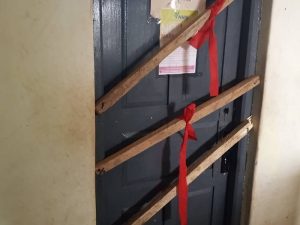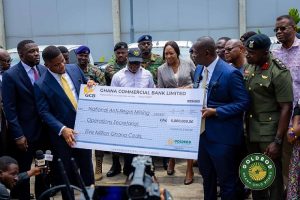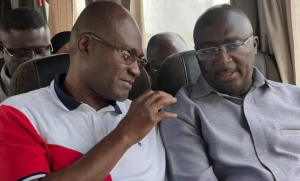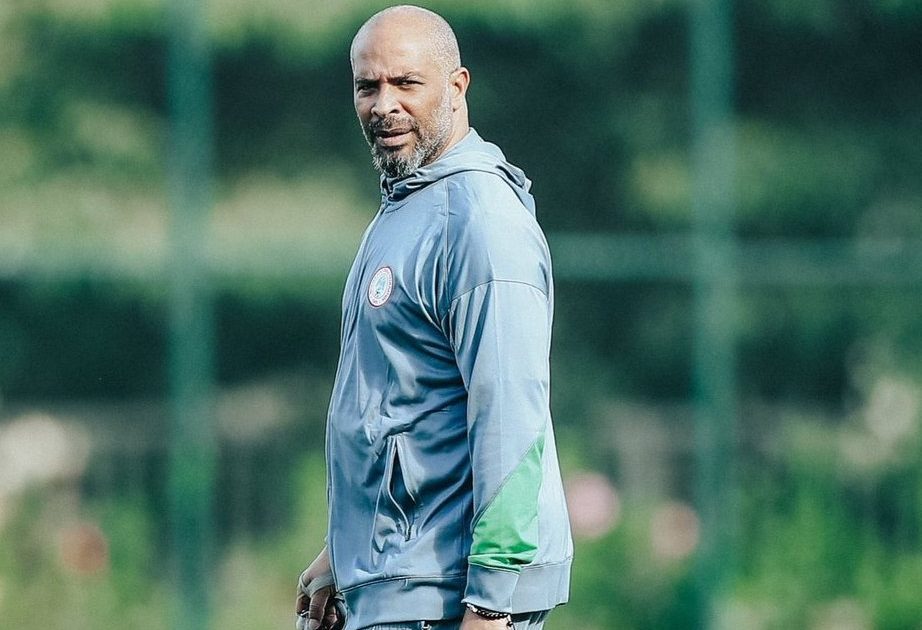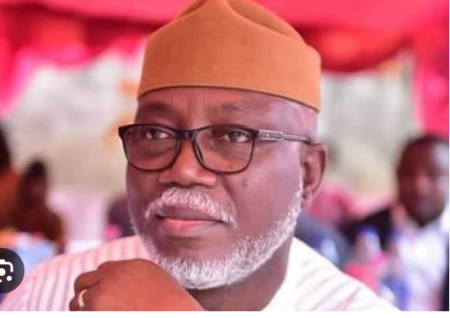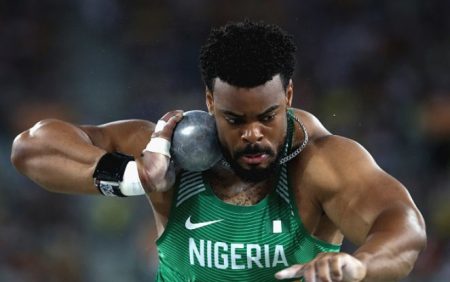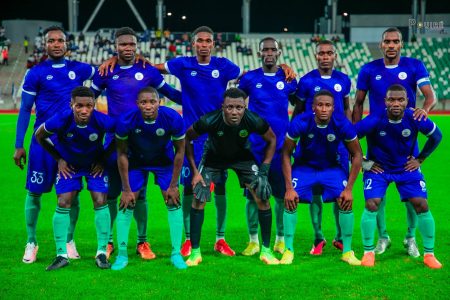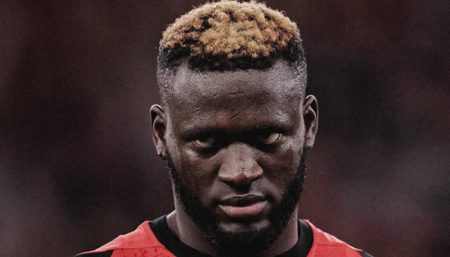Paragraph 1: An Overview of the Match and Chelle’s Assessment
The Nigerian Super Eagles, despite missing several key players, managed a commendable 1-1 draw against a strong Russian side in a friendly match held at the Luzhniki Stadium in Moscow. Head coach Eric Chelle acknowledged the difficulties posed by the absence of prominent figures like Victor Osimhen, Samuel Chukwueze, and Wilfred Ndidi. He emphasized that the match served as a valuable opportunity to assess the team’s progress and prepare for the upcoming World Cup qualifiers. Chelle highlighted the need to refine their playing pattern and find balance, especially with the integration of new players who are still acclimatizing to the team’s strategic approach.
Paragraph 2: Chelle’s Analysis of the Game’s Dynamics
Chelle provided a detailed breakdown of the match, acknowledging the strength and technical prowess of the Russian team. He noted that the Super Eagles struggled to implement their pressing game effectively in the first half, allowing Russia to create and capitalize on scoring opportunities. However, he praised the team’s improved performance in the second half, attributing their equalizer to a more assertive pressing style that disrupted Russia’s rhythm. He underscored the competitive nature of the match, highlighting the chances created by both sides and the overall quality of play.
Paragraph 3: First-Half Challenges and Nigeria’s Response
The first half presented several challenges for the Super Eagles. Victor Boniface, tasked with leading the attack in the absence of key forwards, missed a crucial opportunity early in the game. A defensive mishap by Semi Ajayi resulted in an own goal, giving Russia the lead. Despite falling behind, the Nigerian team demonstrated resilience, maintaining their composure and continuing to search for openings in the Russian defense. The midfield trio of Raphael Onyedika, Frank Onyeka, and Fisayo Dele-Bashiru displayed impressive control and distribution, while the defensive line held firm despite the Russian pressure.
Paragraph 4: Second-Half Resurgence and the Equalizer
The Super Eagles entered the second half with renewed determination. Dele-Bashiru showcased his skill and creativity, creating a promising chance that was thwarted by the Russian goalkeeper. The introduction of Tolu Arokodare as a substitute proved to be a turning point. Capitalizing on a rare error by the Russian goalkeeper, Arokodare seized the opportunity and slotted the ball into the net, securing a well-deserved equalizer for Nigeria. This marked Arokodare’s first international goal and underlined the team’s persistent efforts throughout the match.
Paragraph 5: The Significance of the Result and Future Implications
The draw against Russia extended Nigeria’s unbeaten streak in 2025 and provided a boost of confidence ahead of crucial World Cup qualifiers. The result demonstrated the team’s ability to compete against strong opposition even with a depleted squad. The upcoming qualifiers against Rwanda and South Africa will be critical for Nigeria’s hopes of securing a place in the World Cup. Currently fourth in their group, the Super Eagles face a challenging task, particularly in their away fixture against group leaders South Africa.
Paragraph 6: Looking Ahead to the World Cup Qualifiers
The Super Eagles will confront Rwanda in their next qualifier, a home match scheduled for the first week of September. This will be followed by a potentially decisive encounter against South Africa just four days later in Johannesburg. The match against South Africa is expected to be a fiercely contested battle with significant implications for both teams’ qualification prospects. The performance against Russia, despite the draw, provided valuable insights into the team’s strengths and areas requiring improvement as they prepare for these crucial qualifiers. The ability to adapt and maintain a competitive edge even without key players will be crucial for Nigeria’s success in their quest for World Cup qualification.


